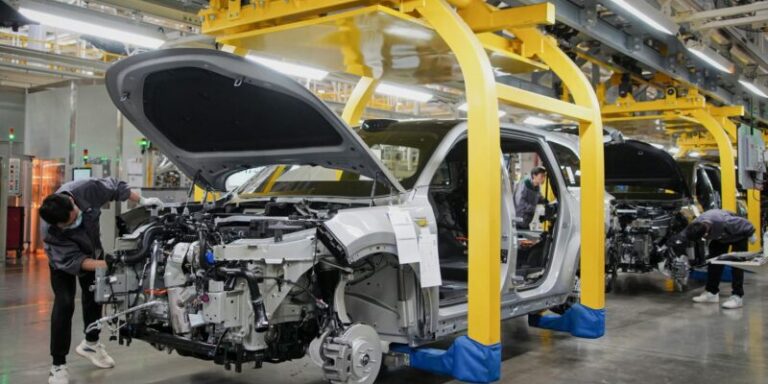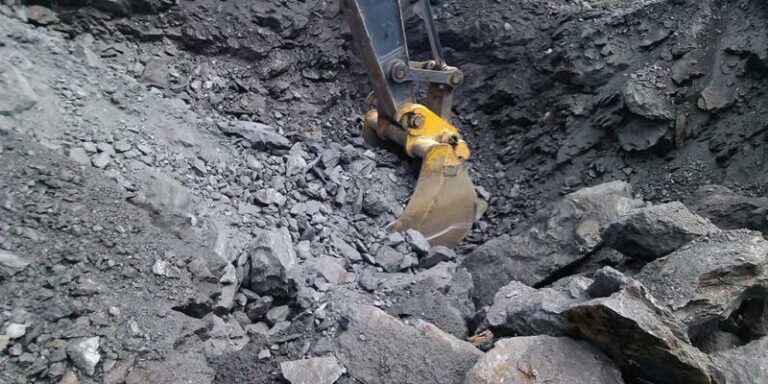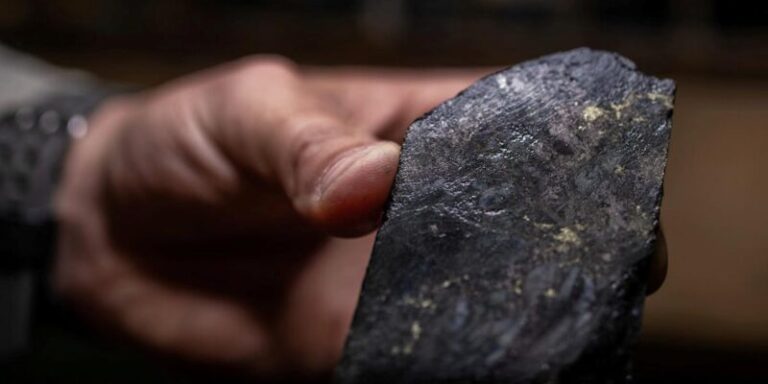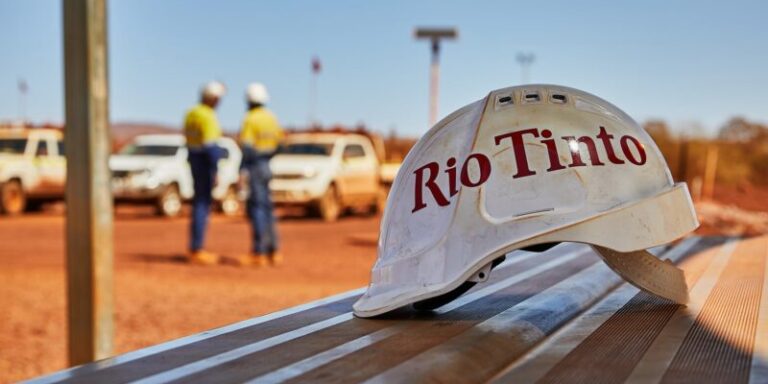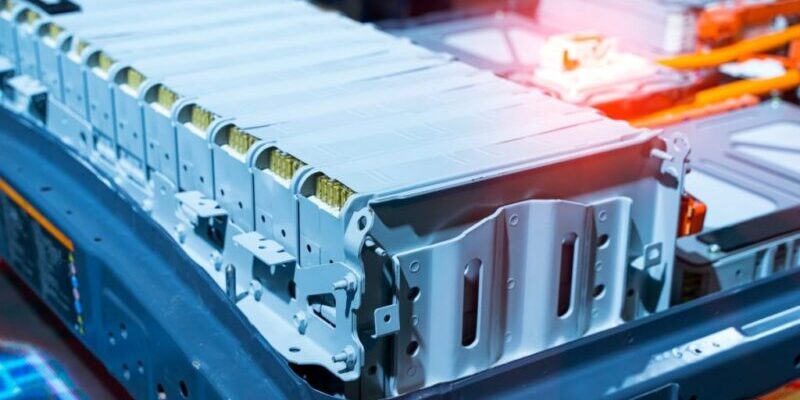
Representing $370.86 billion in 2021, the electric vehicle market should reach, according to projections put forward by the Bloomberg agency, astronomical figures of $1,298.32 billion by 2027.
Determined to play a leading role in this global market, the Democratic Republic of Congo (DRC) is increasing its work on establishing an electric battery value chain.
To this end, the Congolese Battery Council (CCB) in collaboration with the US Department of State, organized from September 25 to 26, 2023, a workshop on the value chain of electric batteries.
These meetings, launched by the Minister of Finance, Nicolas Kazadi, representing the Minister of Industry on mission, are attended by several sector experts from four corners of the world.
In his introductory remarks, Minister Nicolas Kazadi indicated that during this forum, the participants must lay the foundations of a major project which concerns the industrialization of the DRC and which will serve as an engine of growth for particular rebuild and modernize the country’s infrastructure.
“Beyond its integrative nature on a national level, we want this project to be cross-border or even regional,” said Nicolas Kazadi.
“This moment gives us the opportunity to reflect on the positioning of the Democratic Republic of Congo in the electric battery value chain.
In the race in which humanity is engaged, our country which produces and delivers a quantity of raw materials for the electric mobility industry has until now only served as a reservoir of raw materials for industrialized countries.
The challenges, for us Congolese, consist of changing this paradigm and setting up an industrial chain which does not stop at extraction alone but which ensures, within national borders, refining, transformation up to the production of the battery or electric vehicle.
During this forum, we will lay the foundations for a major project which concerns the industrialization of our country and which will serve as an engine of growth, in particular to rebuild and modernize its infrastructure. “, he stressed.
For Minister Nicolas Kazadi, in this race in which humanity is engaged, the Democratic Republic of Congo must above all not go it alone.
The country needs, he said, its neighbors, notably Zambia and other countries with resources that enter this electric battery value chain.
“This project is intended to bring us closer to our neighbors and other brotherly African countries because, despite the abundance of its subsoil, the Democratic Republic of Congo does not have all the materials required for the manufacture of electric battery.
Our experience over the last three decades commands us to seize every opportunity to build together, in peace and in mutual interest with our neighbors and consolidate the peace and development of our continent,” declared the Congolese Minister of Finance.
Asked when the first electric batteries in the DRC will be delivered to the market, Dénis Lecouturier, Director General of the Congolese Battery Council (CCB) wants to be realistic.
In an interview given to the press at the opening of the workshop on the value chain of electric batteries, Dénis Lecouturier estimated that it was very early for the DRC to put forward a deadline for the establishment of the chain of value of electric batteries.
Nevertheless, the Congolese Government is hard at work to enable the country to capitalize on this market estimated at several billion US dollars.
“We are in the process of setting up the value chain of electric batteries in the Democratic Republic of Congo. The objective pursued in organizing this workshop is to share experience and lay the foundations for future collaboration with the various experts in the implementation of an electric battery value chain. You know that so far we have limited ourselves to extraction. However, if we can transform it on site, it would create value and wealth. We expect a win-win collaboration from our external partners. », said the Director General of the CCB.
For her part, Abigail Wulf, Vice President and Director of SAFE, an organization that deals with strategic minerals in the United States, noted that this workshop will also serve as a framework to better understand the agreement signed between the DRC , Zambia and the United States in the establishment of a value chain in the Democratic Republic of Congo.
“This workshop aims to explain and go into detail about the agreement that was signed between the DRC and Zambia and the United States for the creation of a sustainable battery value chain.
We must work together, that is to say, the DRC, Zambia and the United States to bring together forces by bringing in experts in the field so that the DRC is no longer limited to the extraction of raw products. but we also go through the transformation.
But to achieve transformation, there is an infrastructure problem that arises. We will study, during this work, how to ensure that the DRC is no longer at the bottom of the scale in the electric battery value chain. ”, she mentioned.
According to the results of the pre-feasibility study revealed by the Congolese Minister of Industry, the DRC needs $30 billion to set up an electric battery production plant.
According to experts, the lack of basic infrastructure in the country is in particular the cause which delays the establishment of the electric battery production factory.


